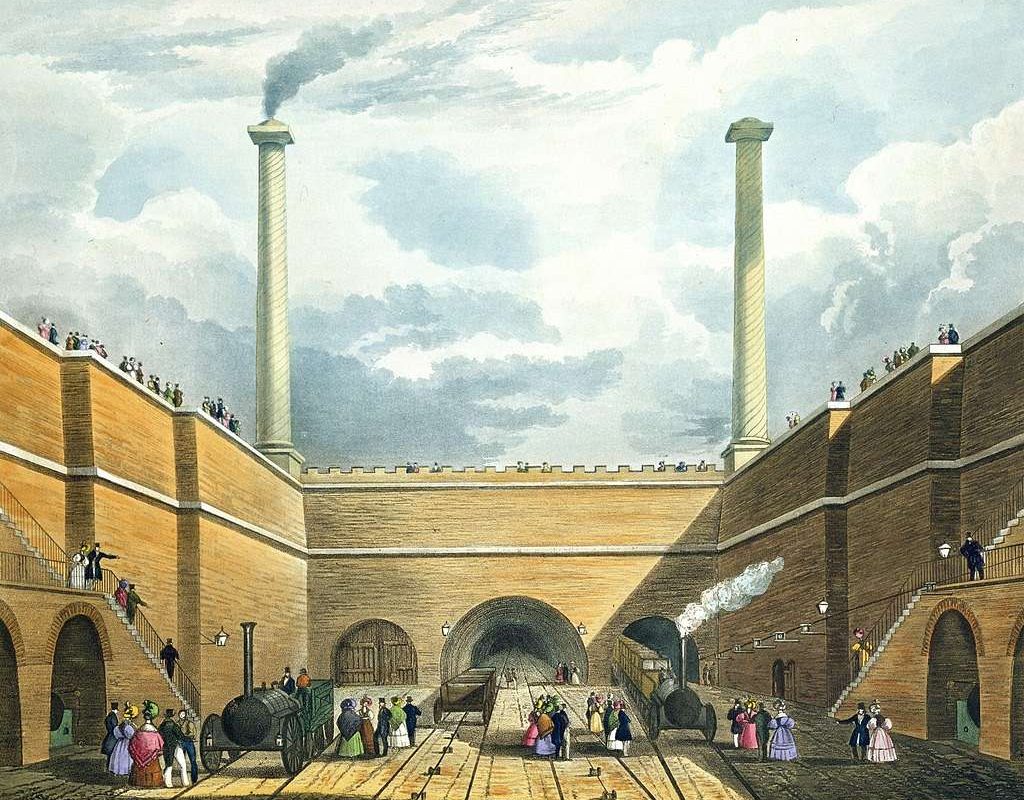Rebellious Daughters of History #2
by Judy Cox

Frances Wright (1795 –1852)
Wright was a Scottish-born lecturer, writer, freethinker, feminist, abolitionist. She mixed with radical thinkers and philosophers in Britain and the US. In 1825, she became the only woman to set up a utopian community, the Nashoba Commune, Tennessee. It was the only such community to welcome freed slaves as members and caused a scandal by permitting interracial relationships.
In the late 1820s Wright was the first woman to give public lectures to mixed audiences. Thousands heard her demand radical reforms, such as universal education, abolition of slavery, birth control and sexual freedom for women. She denounced organised religion and was a passionate opponent of capital punishment. Wright was vilified by the church and the press and threatened by mobs.
Unlike other feminists of the time, such as Mary Wollstonecraft, Wright supported working class organisation. She was a prominent supporter of the working men’s associations which sprang up in New York in the late 1820s.
She wrote plays plays, published editions of her lectures and became the first woman to edit a newspaper in the US, first the Free Enquirer and, later, The Sentinel and Working Man’s Advocate. A chartist wrote the first biography of Wright, and the Chartist Northern Star advertised all her works. She had a child but lost custody when she was divorced from her husband. She died aged 57.

Jeanne Deroin: locked up but never silenced
Jeanne Deroin was one of the great women revolutionaries of the 19th century. Born in Paris in 1805, Deroin scraped a living as a seamstress to support her alcoholic husband and four children, one of whom was severely disabled. She became a utopian socialist, committed to the abolition of private property, the replacement of competition with cooperation and gender equality.
In the French Revolution of 1848, she organised women workers and set up a socialist paper aimed at women and sold on the streets, demanding the right to work and to vote. She fiercely opposed the misogyny of radical men like Joseph Proudhon and she became the first woman to attempt to stand for parliament. She was arrested in 1851 and continued to agitate for reform from her prison cell.
On her release, Deroin fled to London where she joined the First International, alongside Marx and Engels and later the Socialist League alongside Eleanor Marx and William Morris. When she died in 1894 the local paper reported on her funeral:
‘The remains of Mdme Jeanne Deroin, the lady who obtained considerable notoriety during the French Revolution of 1848, were laid to rest in Hammersmith Cemetery on Saturday afternoon.
There was a large attendance of sympathising friends, including a contingent of local Socialists, who attended the funeral, headed by their banner. Mr. William Morris, Mr. Sparling, and other well-known holders of advanced ideas spoke at the grave- side.
At the conclusion of the ceremony, one of Mr. W. Morris’s chants for Socialists entitled ‘No Master’ was sung.’



